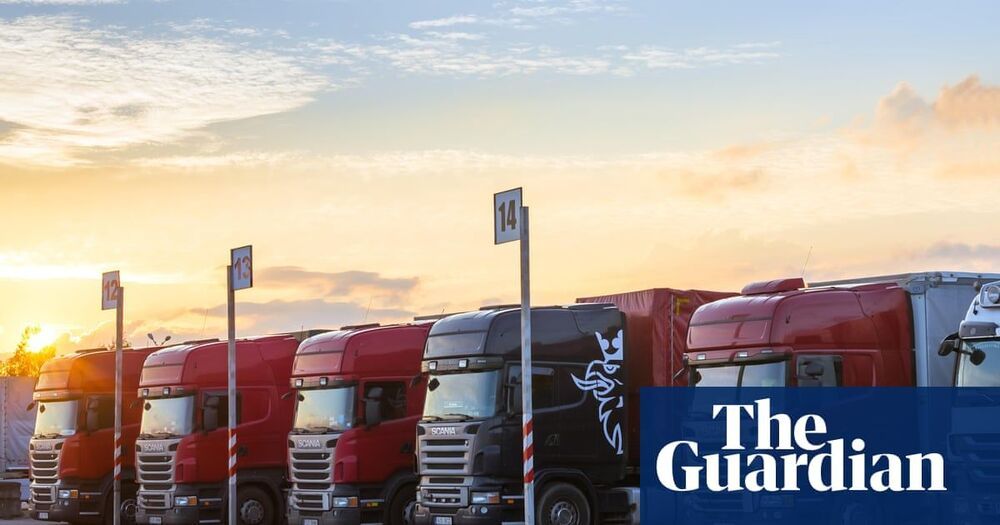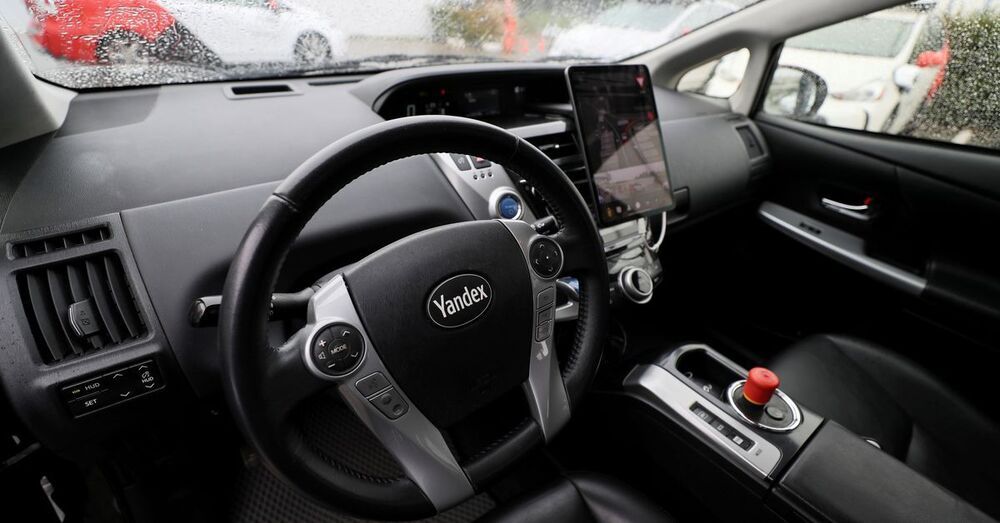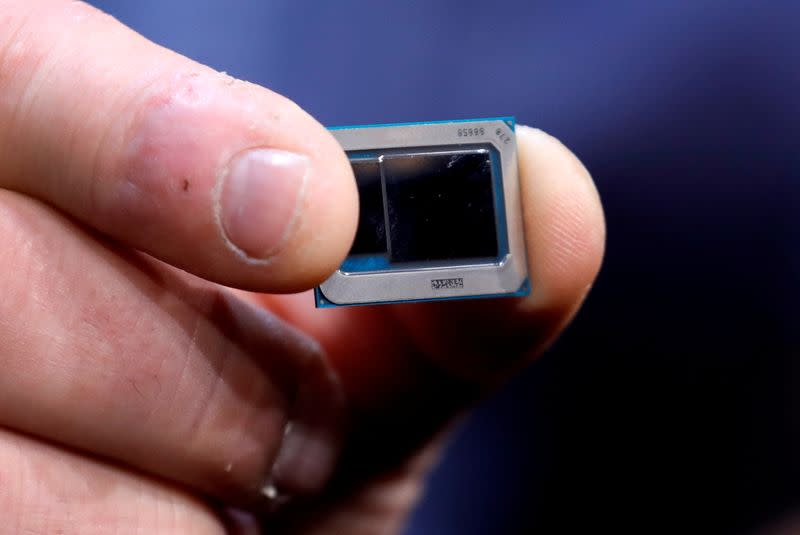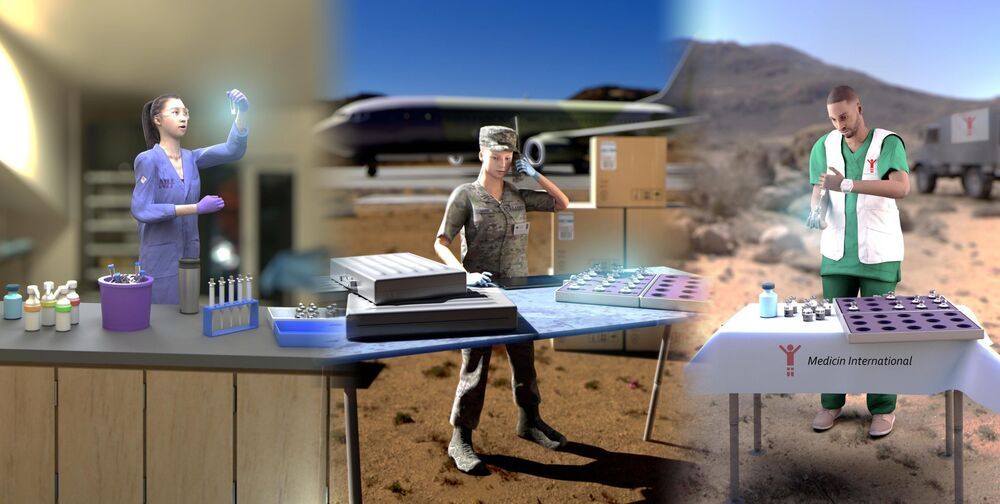The UK government on Wednesday became the first country to announce it will regulate the use of self-driving vehicles at slow speeds on motorways, with the first such cars possibly appearing on public roads as soon as this year.
Britain’s transport ministry said it was working on specific wording to update the country’s highway code for the safe use of self-driving vehicle systems, starting with Automated Lane Keeping Systems (ALKS) — which use sensors and software to keep cars within a lane, allowing them to accelerate and brake without driver input.
The government said the use of ALKS would be restricted to motorways, at speeds under 37 miles (60 km) per hour.






